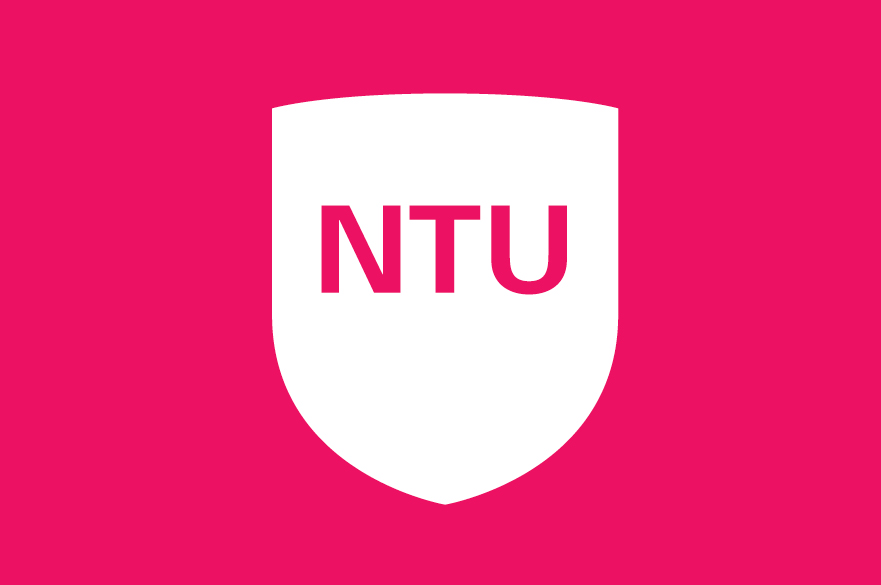Overview
The NHS faces challenges with current and future demand for health and social care services. This is a complex systems problem affected by multiple internal and external factors such as the patient demographics, staff shortages and retention issues, financial constraints, and lack of coordination between health and social care sectors.
It is projected that by 2045, 4.3% of the UK population will be aged 85 or older, leading to a higher demand for health and social care services. The workforce in these sectors is already struggling to meet this demand, a situation worsened by the COVID-19 pandemic. In 2021-2022, the adult social care vacancy rate was 10.7%, and staff turnover reached 29%, with a declining number of new workers joining each year.
The UK's Department of Health and Social Care (DHSC) has identified workforce development in the health and social care sectors as a strategic priority. Their goal is to create a sustainable and resilient workforce who deliver effective and efficient care models to meet the needs of the UK’s ageing population.
Changing the status quo in health and social care requires a systemic examination of the problem to understand the interactions, interconnections between workforce supply and demand, and to identify interventions that lead to sustainable solutions. Implementing systems thinking approaches can help address many identified challenges by fostering a comprehensive and integrated problem-solving strategy. This approach ensures that solutions are sustainable, resources are used efficiently, and the workforce is better prepared to meet future demands.
This PhD project focuses on addressing workforce challenges within the health and social care sector, aiming to develop systems thinking approaches to enhance decision-making. The specific objectives of this project are:
- To gain a systemic understanding of workforce challenges in the health and social care sector.
- To explore various systems thinking approaches suitable to model workforce planning problems in the health and social care sector.
- To develop simulation models (i.e. system dynamics) of workforce demand and supply (capacity) for health and social care that can offer insights to inform policy decisions.
It is envisioned that the model will be used to run ‘what-if’ scenarios to test planned long- and medium-term strategic policies. Examples of scenarios include but are not limited to, changes to workforce training and education, staff specialities and skills mix, and the impact of future technological developments (i.e. use of telemedicine, remote patient monitoring).
There is flexibility regarding the focus of proposals. For instance, we welcome submissions that address issues either at regional or national levels, within a specific country other than the UK, or within a particular specialty.
This project seeks to enhance both academic knowledge of the application of systems thinking tools in supporting government policy and decision-making and the practical implementation of these tools in resolving workforce planning challenges within the health and social care sector.
Members of the supervisory team have a strong track record and international recognition in developing qualitative and quantitative systems thinking methodologies. Therefore, candidates will have the opportunity to collaborate with an internationally acclaimed team of academics.
Nottingham Business School is triple crown accredited with EQUIS, AACSB and AMBA – the highest international benchmarks for business education. It has also been ranked by the Financial Times for its Executive Education programmes in 2023 and 2024. NBS is one of only 47 global business schools recognised as a PRME Champion, and held up as an exemplar by the United Nations of Principles of Responsible Management Education (PRME).
Its purpose is to provide research and education that combines academic excellence with positive impact on people, business and society. As a world leader in experiential learning and personalisation, joining NBS as a researcher is an opportunity to achieve your potential.
Applications for October 2025 intake closes on 1st July 2025 and applications for Jan 2026 intake closes on 1st October 2025.
Staff profiles
Entry qualifications
UK: Successful applicants for the PhD in Nottingham Business School normally hold a first or upper second-class honours degree from a UK university or an equivalent qualification. Candidates with a lower second-class degree may apply if they hold a Master’s degree at Merit level or higher.
International: Successful applicants for the PhD in Nottingham Business School normally hold a first or upper second-class honours degree from a UK university or an equivalent qualification.
Candidates are required to have a master’s degree in Management, Operations Research/Management Science, Business Analytics, Industrial Engineering and any other related area.
We particularly welcome candidates with strong analytical skills and knowledge of simulation modelling (system dynamics).
How to apply
Applications for October 2025 intake closes on 1st July 2025 and applications for Jan 2026 intake closes on 1st October 2025. Please visit our how to apply page for a step-by-step guide and make an application.
Fees and funding
This is a self-funded PhD project for UK and International applicants.
Guidance and support
For more information about the NBS PhD Programme, including entry requirements and application process, please visit: https://www.ntu.ac.uk/course/nottingham-business-school/res/this-year/research-degrees-in-business
Nottingham Business School is triple crown accredited with EQUIS, AACSB and AMBA – the highest international benchmarks for business education. It has also been ranked by the Financial Times for its Executive Education programmes in 2023 and 2024. NBS is one of only 47 global business schools recognised as a PRME Champion, and held up as an exemplar by the United Nations of Principles of Responsible Management Education (PRME).
Its purpose is to provide research and education that combines academic excellence with positive impact on people, business and society. As a world leader in experiential learning and personalisation, joining NBS as a researcher is an opportunity to achieve your potential.
